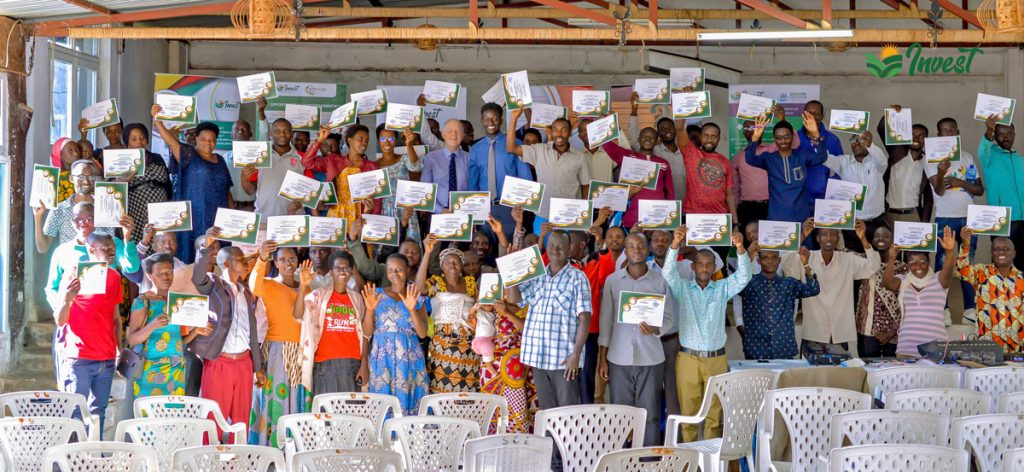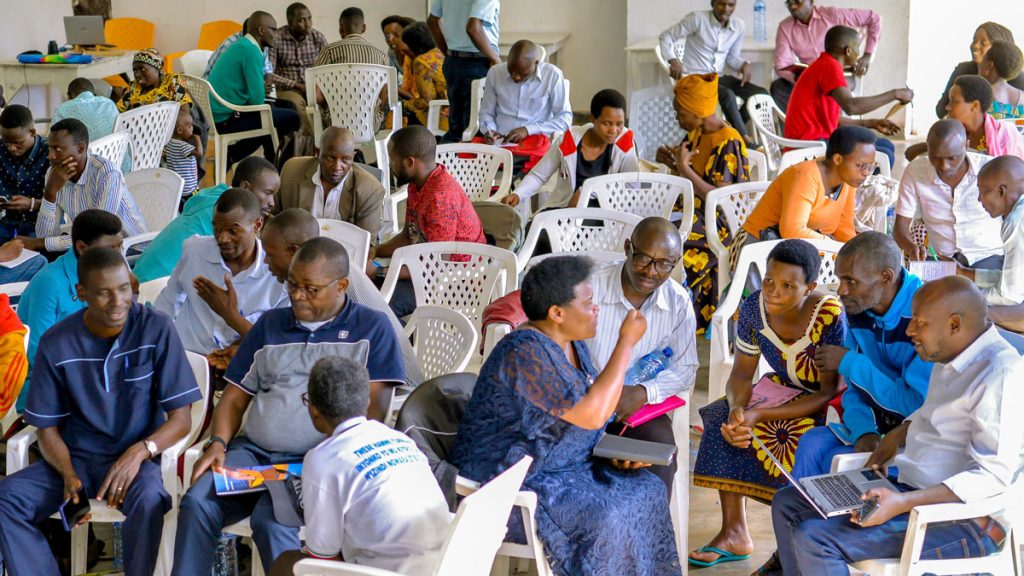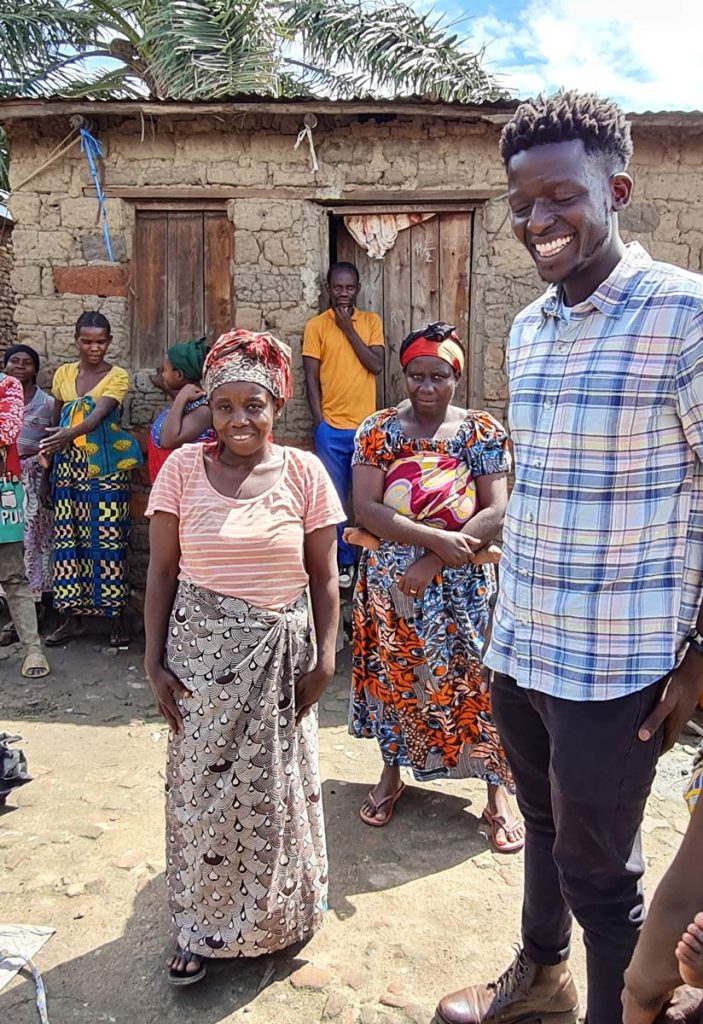Tiger, cow or horse? Enterprise at the edges
Tiger, cow or horse? Enterprise at the edges
Enterprise can be a kingdom blessing for those on the edge, says CMS first year MA student Jerry Marshall. Jerry is founder of Transformational Enterprise Network (TEN) and here he reflects on a recent visit to Burundi and the potential for business to tackle poverty and extend the kingdom of God.
by Jerry Marshall,
The 82 church leaders I was training in Burundi in December 2023 were ambivalent about enterprise. On one hand, so much local business is tainted by the love of money and corruption. On the other, in the second poorest nation on earth, many leaders and church members need to create an income stream to survive.
Winston Churchill said: “Some see enterprise as a tiger to be shot; some a cow to be milked; not enough see it as a healthy horse, pulling a wagon.”
I’m firmly in the horse camp. My vocation as an entrepreneur has led me to see enterprise as the only long-term solution to poverty. Wealth – from an old English word meaning well-being – is the wagon it pulls. Business is also the front line of the kingdom: the widespread love of money means that people notice when kingdom values are put ahead of profit.

Norwegian inspiration
The message I believe God gave me before my Burundi trip was the story of Hans Neilson Hauge. Two hundred years ago, this kingdom entrepreneur was the catalyst who began the process of transforming Norway from the poorest country in Europe to the richest per capita.
How? First by preaching the gospel across the country, resulting in the poorest groups becoming literate so they could read the Bible.
Second, by starting and helping others start businesses. It threatened the status quo and so he was locked up for more than a decade. But by changing mindsets and raising aspirations, the change was unstoppable.
The same is possible in Burundi and beyond.
God’s business?
The church leaders spent a morning on the theological basis for enterprise, drawing on a paper, “Is Rural Enterprise any of God’s Business?” then working through the African version of TEN’s business start-up workbook (both are free downloads at www.tencommunity.net/pages/resources). The workbook takes participants through a process of selecting the right business for them and checking out its potential, funding needs and viability.

They were completely engaged in the process. “How do we compete against businesses that pay no tax at the border?” asked one. I replied that the purpose of the workbook was to check out the business potential in advance; if unfair competition made it impossible, he would have to chose another idea. “I started six business that all failed”, said another, “but now I understand how to evaluate opportunities.”
In small groups during the training they reflected on “What is?” (the current situation); “What could be?” (the dream) and “What will be?” (action). Their action plans included training and coaching others, skills surveys and sermon series.
Talent and passion
I was in Burundi at the invitation of a 36-year-old kingdom entrepreneur, Ezechiel Hatungimana, founder of “U-Invest”, a TEN partner and “triple bottom line” or “impact” business (where the financial bottom line serves broader purposes). He is organiser of a high-profile annual conference that brings together investors and entrepreneurs, attracting banks, politicians and NGO staff.
U-Invest also trains aspiring entrepreneurs and business advisors using TENmaterial, offers coaching and mentoring, and actively identifies opportunities and starts businesses in which local investors can buy shares.

Four enterprises have been created to date: a fish farm; a driver training business to create provide jobs and reduce accidents; a health insurance business; and a renewable energy publication. A charitable arm called Yada, run jointly with Ezechiel’s British wife Nicola, supports two mainly Batwa communities including basic business start-up training. I was invited to speak at the conference and train trainers, advisors and church leaders.
Loaves and fishes
Ezechiel has the talent and passion to emulate Hans Neilson Hauge and transform Burundi through enterprise. He is not alone. In Kenya, Kennedy Ojunju has been the catalyst behind the creation of 255,000 small businesses, mobilising 3,500 volunteer trainers, with almost no external financial support, using the simple 5000Plus training materials. Other TEN partners in Uganda are creating enterprises that have caught the attention of communities and local politicians.
Much of this is about changing mindsets. Both the 5000Plus and the TEN business start-up material begin with the story of the feeding of the 5,000. Jesus took the pitifully inadequate food offered to the disciples, blessed it and multiplied it. When his people see what they and God can do together, take a risk and offer the little they have to him, a great crowd can be blessed.
What are your loaves and fishes?